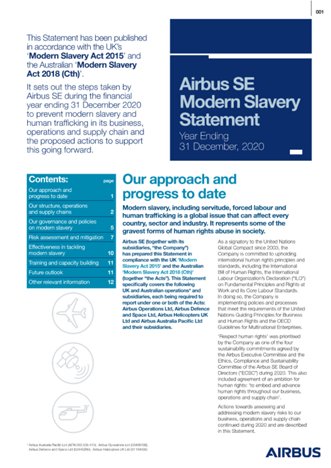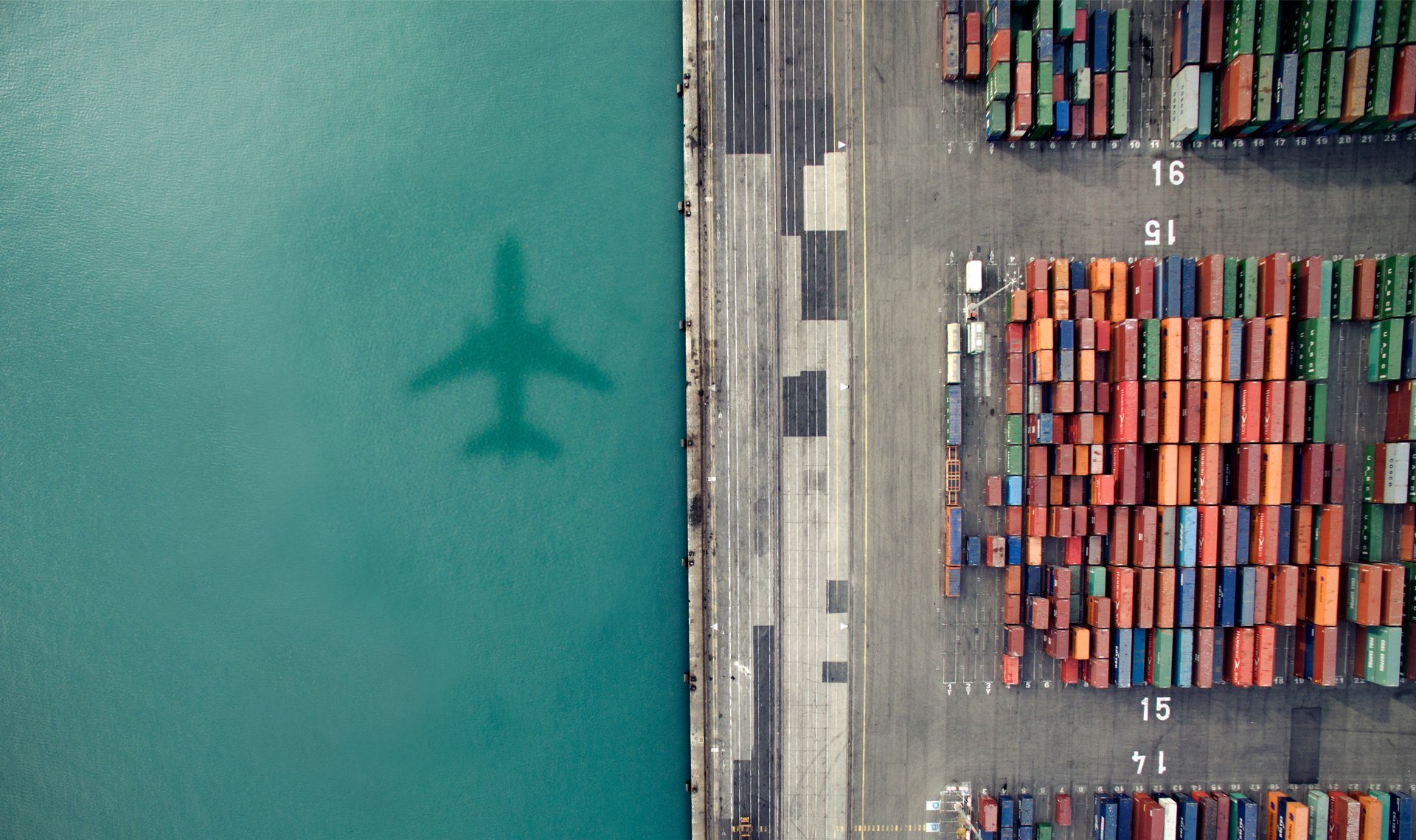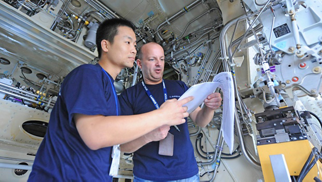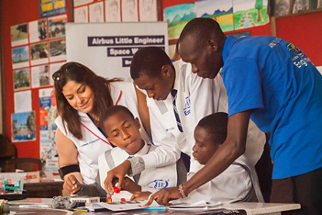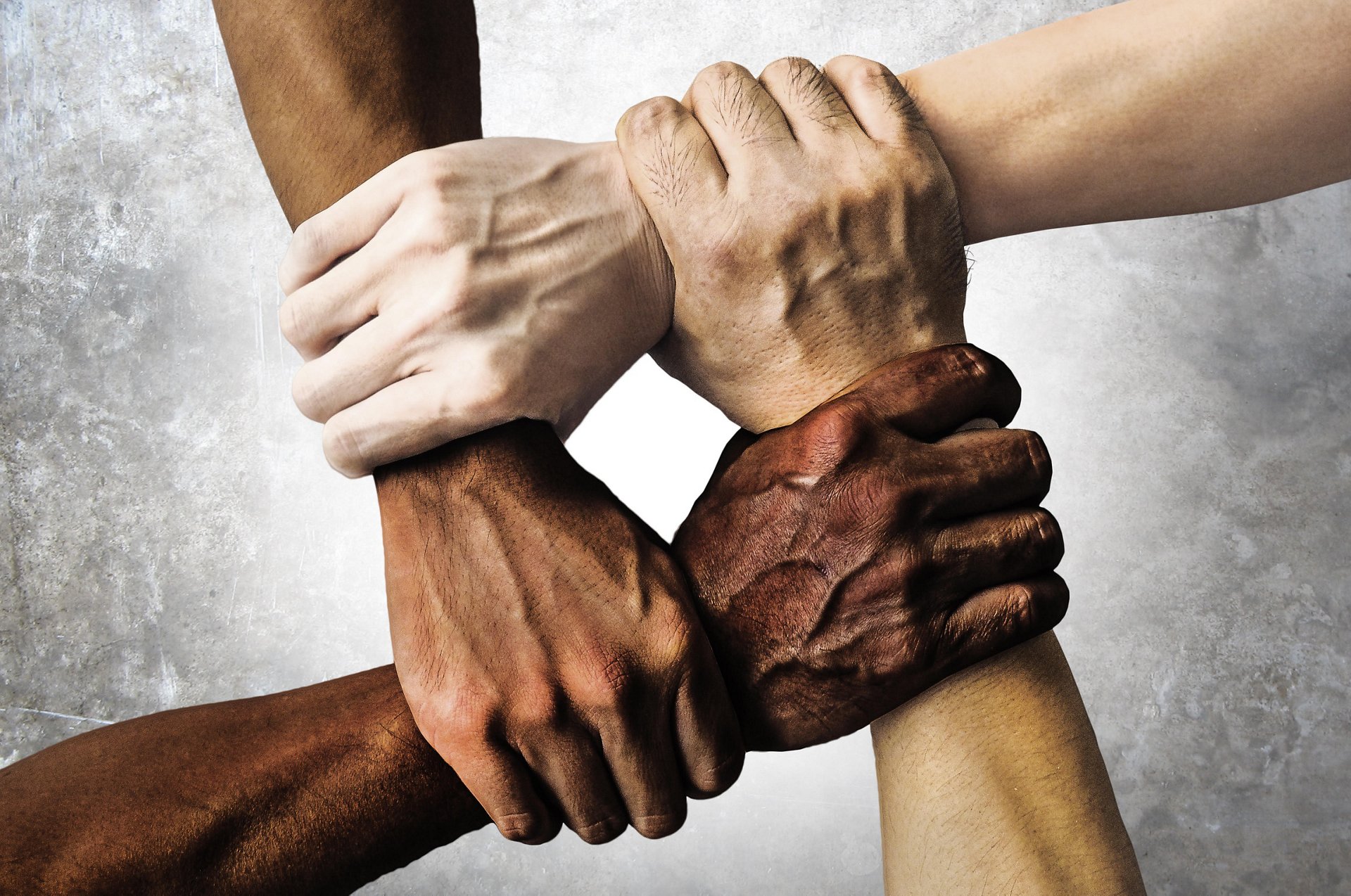
Human rights
Our commitment to respecting human rights
Human rights are the basic rights that belong to every person no matter where they live, their nationality, colour, religion or other personal characteristics. Being part of a global industry employing more than 65 million people across the world, we have a responsibility to respect human rights and ensure that people are treated with dignity.
Our ambition is to embed and advance respect for human rights throughout our business, operations and supply chain and, as a signatory of the UN Global Compact, we are aligning our approach with the UN Guiding Principles and standards such as the OECD (Organisation for Economic Co-operation and Development) Guidelines for Multinational Enterprises and the International Labour Organisation.
Our human rights roadmap has been developed following a human rights impact and gap analysis across our global business to more fully understand our potential human rights impacts. This analysis—conducted with the help of specialised third-party human rights consultants—considered current and upcoming regulatory requirements and international best practices as well as growing human rights principles and standards. Our salient areas issues were also identified (see box below) based on a benchmark of industry peers and companies in similar industries, in addition to an analysis of stakeholder expectations. These issues are subject to change over time, therefore we are committed to reviewing them on a regular basis.
Each salient issue has an owner and an action plan which, along with our human rights roadmap, are monitored through the human rights multifunctional team, steering committee and the Ethics, Compliance and Sustainability Committee at Board level.
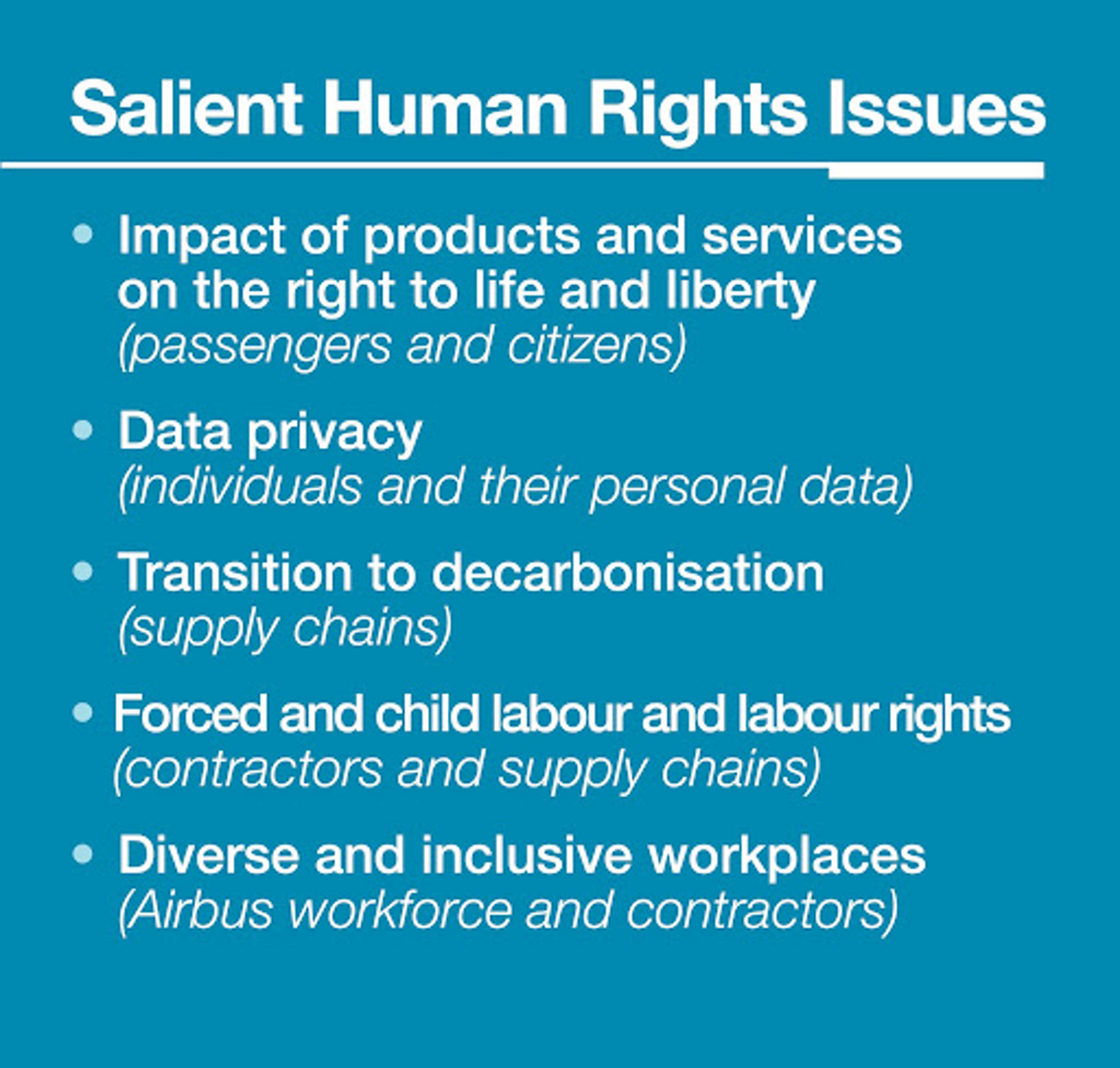
Modern slavery is a significant global issue that can affect every country, sector and industry. It can take many forms, such as human trafficking, forced and bonded labour and child labour. According to the Global Slavery Index, an estimated 40.3 million slaves exist in the world today. This includes approximately 10 million children.
Since 2017, we have published a Modern Slavery Statement every year. This Statement sets out the steps we are taking to mitigate the risk of modern slavery in our business and supply chain including our subsidiaries and affiliates. It also includes the fundamental principles that govern the way we approach preventing modern slavery now and in the future.
Because we outsource a significant part of our activities, our global supply chain is a fundamental part of our ecosystem. We believe the human rights of anyone who works for or with Airbus must be respected—regardless of their location anywhere in the world.
Today, we promote integrity and transparency through our supply chain due diligence process. The objective of this process is to:
- Identify social and environmental risks in our supplier base
- Facilitate supplier self-assessments that measure our suppliers’ ability to comply with all applicable laws, regulations and standards
- Conduct on-site assessments as required
Supplier Code of Conduct for all Airbus suppliers
Our Supplier Code of Conduct, based on the International Forum on Business Ethical Conduct (IFBEC) model, is the document of reference for our approach to responsible supplier management. The Code represents our group-wide values and principles in line with internationally recognised standards and conventions (such as OECD and ILO).
We expect our suppliers to comply with the key values set out in the Code. We also expect our suppliers to cascade these principles throughout their supply chains. In addition to the Code, our suppliers must comply with all applicable laws and regulations of the countries in which operations are managed and/or services provided. Regardless of where our suppliers are located, all business should be conducted in a manner compatible with the Code.
Some of the provisions in the Airbus Supplier Code of Conduct include the following topics:
- Legal compliance
- Anti-bribery and corruption
- Anti-money laundering and tax evasion
- Data protection
- Fair competition
- Health and safety
- Respect for human rights, including prohibition of child labour and human trafficking
- Environmental protection
- Product safety
- Employment practices, including non-discrimination

The Airbus Supplier Code of Conduct aims to help our suppliers to comply with our environmental and social commitments.
To ensure the proper functioning of components within our products, the use of some minerals is necessary. These minerals include tantalum, tin, tungsten and gold, which are commonly used in electronic components.
We believe we have a moral responsibility to determine the use, sources and origins of minerals found in certain products we import—even if we do not directly import them. Our approach to responsible mineral sourcing includes the following action:
- We published a Responsible Mineral Policy that outlines our commitment to ethically and sustainably sourcing minerals throughout our supply chain.
- In 2019, we joined the Responsible Minerals Initiative, which aims to find cross-industry solutions to minimise social risks in mineral supply chains.
We encourage anybody connected with our business activities to 'speak up' through various channels, including OpenLine. The OpenLine enables anybody who has a concern, including suppliers, to securely and confidentially submit an alert in good faith on potential issues relating to bribery, human rights, environment, and health and safety.
